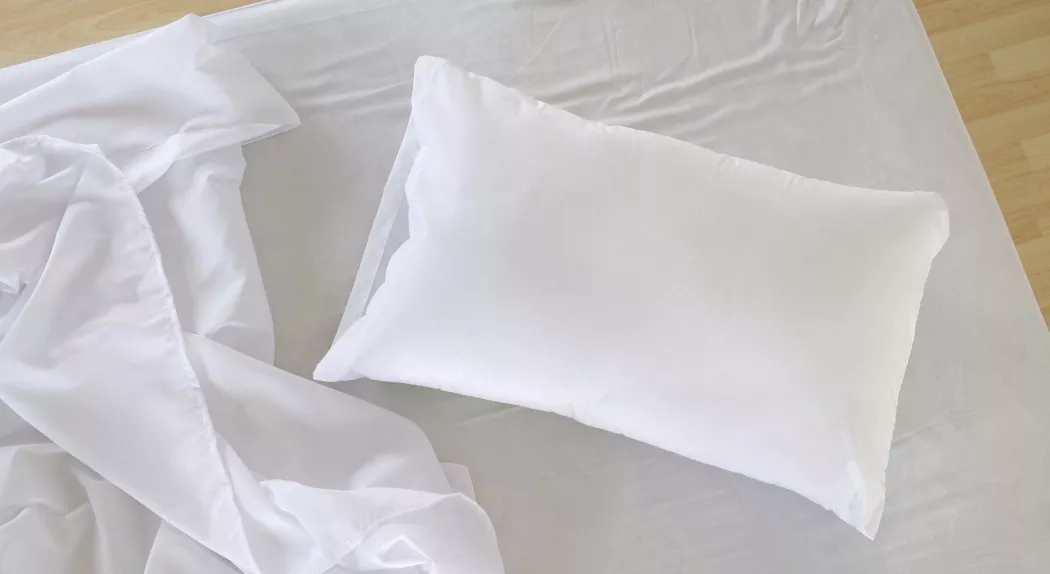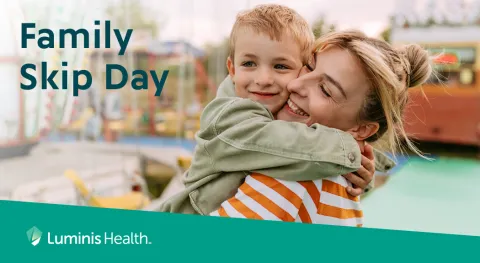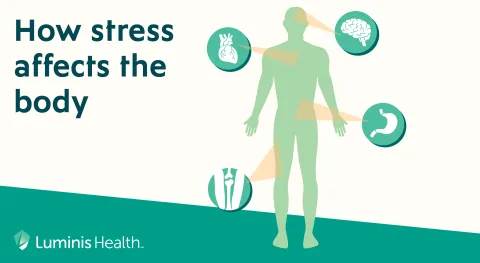Nearly one third of older people in the U.S. take sleeping pills. These drugs are called “sedative hypnotics” or “tranquilizers.” They affect the brain and spinal cord.
“Doctors prescribe the drugs for sleep problems,” says Ira Weinstein, MD, a pulmonologist who specializes in sleep disorders. “The drugs are also used to treat other conditions, such as anxiety or alcohol withdrawal.”
Usually older adults should try non-drug treatments first. According to the American Geriatrics Society, there are safer and better ways to improve sleep or reduce anxiety. Here’s why:
Sleeping pills may not help much.
Many ads say that sleeping pills help people get a full, restful night’s sleep. But studies show that this is not exactly true in real life. On average, people who take one of these drugs sleep only a little longer and better than those who don’t take a drug.
Sleeping pills can have serious or even deadly side effects.
All sedative-hypnotic drugs have special risks for older adults. Seniors are likely to be more sensitive to the drugs’ effects than younger adults. And these drugs may stay in their bodies longer.
“The drugs can cause confusion and memory problems that more than double the risk of falls and hip fractures,” says Dr. Weinstein. These are common causes of hospitalization and death in older people. They also can increase the risk of car accidents.
The new “Z” drugs also have risks.
Most ads are for these new drugs. At first, they were thought to be safer. But recent studies suggest they have as much or more risk than the older sleep drugs.
Try nondrug treatments first.
Get a thorough medical exam. Sleep problems can be caused by depression or anxiety, pain, restless leg syndrome, and many other conditions. Even if an exam does not turn up an underlying cause, you should try other solutions before you try drugs.
Over-the-counter drugs may not be a good choice.
Side effects of some drugs can be especially bothersome for seniors: next-day drowsiness, confusion, constipation, dry mouth, and difficulty urinating. Avoid these over-the-counter sleep drugs:
- Diphenhydramine (Benadryl Allergy, Nytol, Sominex, and generic)
- Doxylamine (Unisom and generic)
- Advil PM
- Tylenol PM
When to try sedative hypnotic drugs
“Consider these drugs if the sleep problems are affecting your quality of life and nothing else has helped,” says Dr. Weinstein. “But your healthcare provider should watch you carefully to make sure that the drug is helping and not causing bad side effects.”
Kinds of sleeping pills (sedative-hypnotics)
All of these pills have risks, especially for older adults:
Barbiturates
- Secobarbital (Seconal and generic)
- Phenobarbital (Luminal and generic)
Benzodiazepines for anxiety
- Alprazolam (Xanax and generic)
- Diazepam (Valium and generic)
- Lorazepam (Ativan and generic)
Benzodiazepines for insomnia
- Estazolam (generic only)
- Flurazepam (Dalmane and generic)
- Quazepam (Doral)
- Temazepam (Restoril and generic)
- Triazolam (Halcion and generic)
“Z” drugs
- Zolpidem (Ambien and generic)
- Eszopiclone (Lunesta)
- Zaleplon (Sonata and generic)
Tips for better sleep
- Exercise. Physical activity helps people sleep better. But avoid vigorous activity for several hours before bedtime.
- Keep a routine. Try to go to bed and wake up at about the same time every day, even on weekends.
- Try not to eat right before bedtime. Eat three hours or more before going to bed.
- Avoid caffeine after 3 p.m. Some people need to avoid caffeine even earlier.
- Limit alcohol. Alcohol causes sleepiness at first, followed by wakefulness.
- Create the right environment. Keep the bedroom peaceful. And avoid mental excitement before bedtime.
- Avoid bright lights. Watching a bright screen can make you stay awake.
- Control pets. Pets disrupt sleep if they are on and off the bed, taking up space, or wanting to be let out.
If you don’t fall asleep soon, get out of bed and do something that will make you sleepy, such as reading. Return to bed after you start to feel drowsy.
Source: ChoosingWisely.org.




